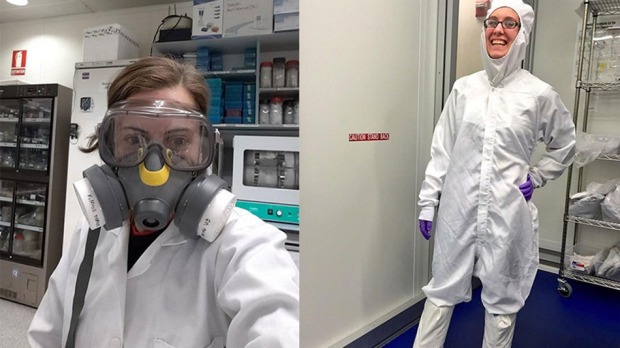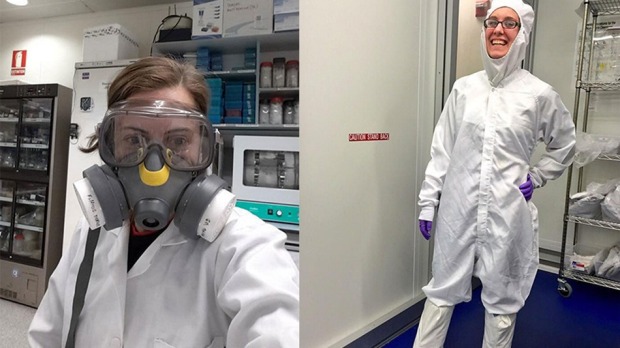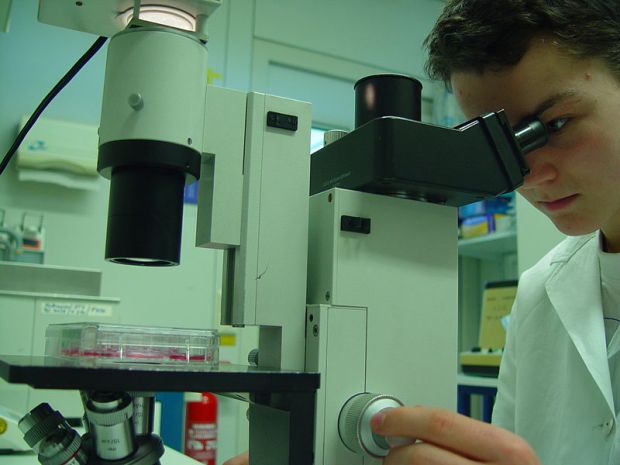A few weeks back, Ben Goldacre wrote about the reproduction crisis that science is suffering from. As a very descriptive example, he addresses the large-scale use of deworming medication in developing countries which is based on a single, but very extensive study from 2004.
When Godacre described the outcome of a re-evaluation of the data from 2004, which was done in 2013, he listed all the problems found in that study – starting from missing data to wrong instructions provided by the analysis software package that was used back then. It is really no surprise that the new evaluation came to very different results about the effectiveness of deworming medication in schools.
I really appreciate that Goldacre does not take the credit from the authors of the 2004 study, acknowledging that they did a difficult and hard work in all conscience. Instead, he points out how unusual it was that those scientists provided all their raw data for a re-evaluation. And this is indeed astonishing. Goldacres comparison with the probe passing Pluto is well chosen:
Conducting a trial, and then refusing to let anyone see the data, is like claiming you’ve flown a spaceship to Pluto, but refusing to let anyone see the photos.
As a matter of fact, this happens frequently in science. As a chemist, I sometime roll my eyes when I see hundreds of numbers in the supplementary information of a paper, describing every atom coordinate obtained from a crystal structure of a molecule. But at least this tells me that I really get all the data.
When medicine is based on a single study, its effect might have been occured by chance.
Credit: BloodyMary / pixelio.de
The other and even larger problem is indeed the reproducibilty. To be sure that a results is real and well-founded, it actually needs confirmation from different scientists. It is not unusual that scientists find a protocol published, and try to build their work on that. When I go through an interesting paper, I find myself looking for loopholes of missing information that might prevent me from reproducing the result on the first place. When I do a published synthesis and I succeed on the first try, I am surprised. On the other hand, a failure might mean that I am either not skilled enough, or that some piece of information is missing in that paper.
Not to give away all the information can be essential for a scientist under the increasing pressure to “publish or perish”. Since it delays others in reproducing the work, it ensures that the scientist keeps an advantage. Authors have to fear that their manuscripts are rejected, because of a peer-reviewer who reproduces that work in his own lab, and then publishs it first.
So, hoarding data is used as an insurance of the authors, or let’s say as a “copy protection”. As understandle as this might be, this is desastrous for science, as Goldacre clearly emphasizes. Irreproducible science is basically worthless, and in the worst case harmful. I agree that this has no influence on the fact that treatment of children against worms is an urgent and important issue. But it undermines the reliability of science in our society and promotes pseudo-scientific or religious beliefs that claim to be equally justified.






